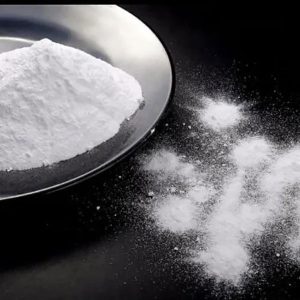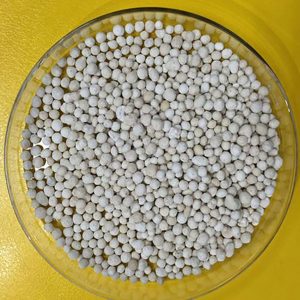Description
Zinc is essential for enzyme activities, growth hormone production, inoculation, fertility and fruit formation, and its deficiency causes small leaves, delayed opening of leaves and flowers, fruit drop, red cracking and growth restriction. This element activates more than 300 types of enzymes in humans, animals and plants, and plays a key role in the body’s protective mechanisms. Calcareous soils, low soil organic matter and high consumption of phosphate fertilizers are limiting factors for zinc absorption by plants.
Advantages
They increase the amount of agricultural products.
They adjust the pH of the soil to a balanced level.
Green leaves of plants are preserved.
Durability, stability and resistance of the plant against bad weather conditions increases.
Amount and method of consumption
Trees: In winter, in the middle part of the shade, along with organic fertilizer, sulfur, etc., in the form of chalk fertilizer or channel fertilizer, in the amount of 200 to 300 grams per fertile tree.
Agricultural plants: When preparing the seed bed, it should be used with other winter fertilizers at the rate of 30 to 50 kg per hectare under the soil. Meanwhile, 50 kg of zinc sulfate per hectare can be used in rice fields.
Foliar spraying: Fruit trees should be sprayed with 3 to 5 per thousand liters of water and crops with 3 to 4 per thousand liters of water.






Reviews
There are no reviews yet.